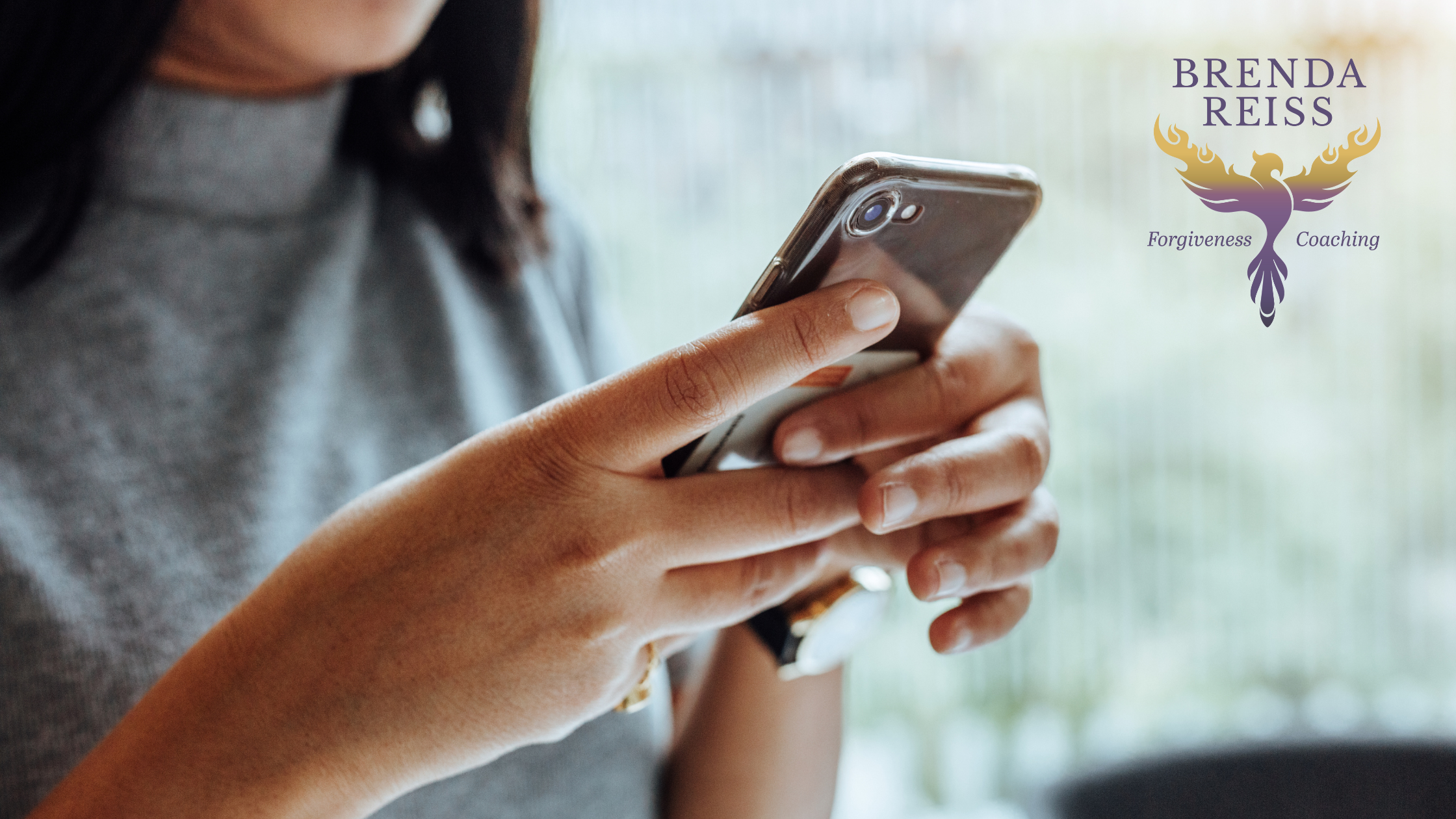The internet and social media have transformed how we communicate, connect, and interact. Social media platforms, instant messaging, and other digital tools have brought people closer, enabling connections across vast distances. However, this constant connectivity also comes with its challenges. Misunderstandings, conflicts, and emotional turmoil are increasingly common in digital communication. In this context, forgiveness is crucial in healing relationships and maintaining mental well-being.
The Nature of Online Conflicts
Digital communication differs significantly from face-to-face interaction. The absence of tone, facial expressions, and body language often leaves messages open to interpretation. A harmless comment can be misconstrued as offensive, and a delay in response might be interpreted as deliberate avoidance. Additionally, the fast-paced nature of social media amplifies emotions, with people reacting impulsively to posts, comments, or messages without pausing for reflection.
Online conflicts are further fueled by:
- Public Nature of Social Media: Disputes often unfold in public forums, inviting opinions and escalating tensions.
- Anonymity: People feel emboldened to say things they might avoid in face-to-face interactions.
- Echo Chambers: Social media algorithms often reinforce specific viewpoints, intensifying disagreements.
- Permanence of Digital Records: Unlike spoken words, digital communication leaves a permanent trail, making it harder to forget or forgive.
The Emotional Toll of Social Media Drama
Online conflicts can take a significant emotional toll. Negative comments, misunderstandings, or public shaming can lead to feelings of anxiety, anger, and helplessness. Left unresolved, these emotions can fester, affecting mental health and relationships.
Forgiveness helps individuals release resentment, heal emotionally, and regain control over their lives. It is not about condoning bad behavior but about freeing oneself from the burden of anger and bitterness.
Why Forgiveness Matters in the Digital World
Forgiveness in the digital age is crucial for several reasons:
- Mental Well-Being: Holding onto resentment can lead to stress, anxiety, and depression. Forgiveness promotes emotional healing and peace.
- Relationship Repair: Digital misunderstandings can strain relationships. Forgiveness helps mend connections and rebuild trust.
- Community Harmony: Social media thrives on interconnectedness. Forgiveness contributes to a more positive and supportive online environment.
- Personal Growth: Forgiving others fosters empathy, self-awareness, and emotional resilience.
Strategies for Managing Forgiveness Online
Forgiving someone for a digital conflict can be challenging, especially when the issue feels personal or public. However, adopting mindful practices can facilitate the process.
1. Pause Before Reacting
In the heat of the moment, it’s easy to respond with anger or escalate a disagreement. However, taking a step back and giving yourself time to process your emotions can prevent impulsive actions that might worsen the situation.
- Practice deep breathing or mindfulness techniques to calm your mind.
- Reflect on the intent behind the other person’s words. Could it have been a misunderstanding?
2. Communicate Directly
Private conversations are often more effective for resolving conflicts than public exchanges. Reach out to the other party through direct messaging or other private channels to clarify misunderstandings or express your feelings.
- Use “I” statements to convey your emotions without blaming.
- Listen actively to their perspective and seek common ground.
3. Empathy and Perspective-Taking
Try to understand the other person’s point of view. What might they have been feeling or experiencing when the conflict arose? Practicing empathy can help dissolve anger and foster forgiveness.
- Remember that everyone makes mistakes and may act out of stress or ignorance.
- Reflect on how you would want to be treated if roles were reversed.
4. Set Boundaries
In some cases, forgiveness does not mean continuing the relationship. If someone’s behavior is consistently toxic or harmful, forgiving them and setting boundaries to protect your well-being is okay.
- Unfollow or mute individuals who consistently cause distress.
- Avoid engaging in repeated conflicts or negativity.
5. Use Digital Tools Wisely
Social media platforms offer tools to manage interactions, such as muting, blocking, or limiting who can comment on your posts. Use these features to create a safer and more positive online space for yourself.
6. Focus on Self-Forgiveness
If you’ve made a mistake online, it’s essential to forgive yourself. Acknowledge your error, apologize sincerely, and commit to learning from the experience.
- Reflect on what led to your actions and how you can improve.
- Accept that everyone makes mistakes and focus on growth.
7. Seek Support
If a conflict has deeply affected you, seeking support from friends, family, or a mental health professional can provide perspective and help you navigate forgiveness.
Healing After Online Conflict
Healing after an online conflict involves more than forgiving others; it also requires self-care and reflection.
1. Reflect on Lessons Learned
- What can you take away from the experience?
- How can you communicate more effectively in the future?
2. Rebuild Trust Gradually
- If the conflict occurred with someone you value, work on rebuilding trust over time through open communication and mutual understanding.
3. Prioritize Positive Interactions
- Focus on engaging with uplifting content and supportive communities.
- Avoid revisiting past conflicts or dwelling on negative experiences.
4. Cultivate Gratitude
- Practice gratitude for the positive connections in your life, both online and offline.
- Shift your focus from conflict to the joy and support you receive from others.
In the ever-connected digital age, forgiveness is more important than ever. It’s a tool for resolving individual disputes and fostering a healthier, more compassionate online culture. By practicing forgiveness, we can make the digital world a more understanding and empathetic space for everyone.
Forgiveness in the digital age is about finding peace amid social media and online communication noise. It’s about learning to let go of anger, misunderstandings, and negativity to foster healthier relationships and a more positive online presence. By adopting mindfulness, empathy, and self-awareness, we can navigate online conflicts with grace and emerge stronger emotionally and relationally. In doing so, we heal ourselves and help build a more harmonious digital world.





0 Comments